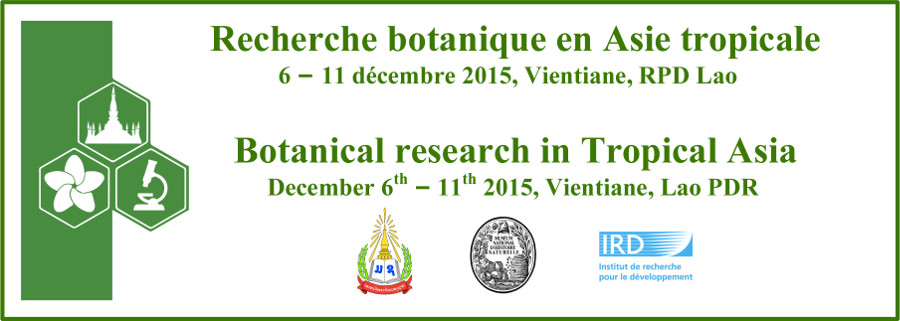For the period of 1998-2012, the University of Illinois at Chicago (Chicago, USA) collaborated with the Institute of Traditional Medicine (ITM), Ministry of Health, Lao PDR, in an International Cooperative Biodiversity Groups project. The multiple goals of this project included (1) the exploration of medicinal plants of Laos toward the discovery of new bioactive compounds with potential applications in health, (2) the conservation of biodiversity, and (3) economic development. As part of the implementation of the biodiversity conservation goal of this project, a proposal was made in 2004 to protect a tract of forested land (13.3 hectares) adjacent to Somsavath Village (Bolikan District, Bolikhamxay Province) and to designate the forested land as a “Medicinal Plant Preserve.” On April 11, 2006, this preserve was formally inaugurated by the Ministry of Health of Lao PDR. Through the collaboration of different communities, provincial Health Departments and local governments, and through funding support from the ICBG project, additional similar preserves were established in other provinces. This experiment has resulted in the establishment of 9 medicinal MPPs in 9 provinces. Each preserve is managed by surrounding communities and with support of the local provincial Health Departments. The ITM serves as the coordinating body for these MPPs. Researchers and traditional healers have initiated plant inventories in Somsavath, Savannakhet, Xiengkhoang, and Oudomxay preserves. A total of 187 medicinal plants have been identified, confirming the importance of these preserves to their communities. A review of the literature using the NAPRALERT database and PubMed demonstrated that more than 40% of the plants identified have no published data on their pharmacology and biochemistry that would support the traditional medicinal uses of the species. This signifies that there is a vast amount of biological, ethnomedical, and chemical knowledge to be gained, and that there are many opportunities for further research.
- Poster

 PDF version
PDF version

